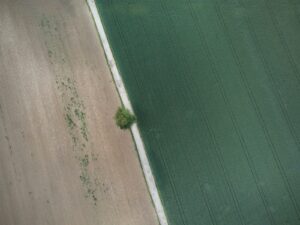Hurricanes that develop over warmer oceans carry more moisture and therefore take more time to weaken, according to a new study published in the journal Nature.
Many studies have shown that climate change can intensify natural disasters, however, this is the first study to make a clear link between warming oceans and hurricanes that make landfall.
The researchers analysed North Atlantic hurricanes that made landfall over the past half a century. They found that during the course of the first day of the landfall, hurricanes weakened almost twice as slowly now than they did 50 years ago.
The researchers used a computer to simulate four different hurricanes and set different temperatures for the surface of the sea.
They found that even though each simulated hurricane made landfall at the same intensity, the ones that developed over warmer waters toom more time to weaken.
According to the researchers, this is caused by an increased level or stormed moisture, making the hurricanes ‘wetter’ – an outcome already felt as recent hurricanes have unleashed devastatingly high levels of rainfall.
Professor Pinaki Chakraborty, the senior author of the study, said: ‘Hurricanes are heat engines, just like engines in cars. In car engines, fuel is combusted, and that heat energy is converted into mechanical work.
‘For hurricanes, the moisture taken up from the surface of the ocean is the ‘fuel’ that intensifies and sustains a hurricane’s destructive power, with heat energy from the moisture converted into powerful winds.
‘The implications are very important, especially when considering policies that are put in place to cope with global warming.
‘We know that coastal areas need to ready themselves for more intense hurricanes, but inland communities, who may not have the know-how or infrastructure to cope with such intense winds or heavy rainfall, also need to be prepared.’
Photo Credit – Pixabay
















